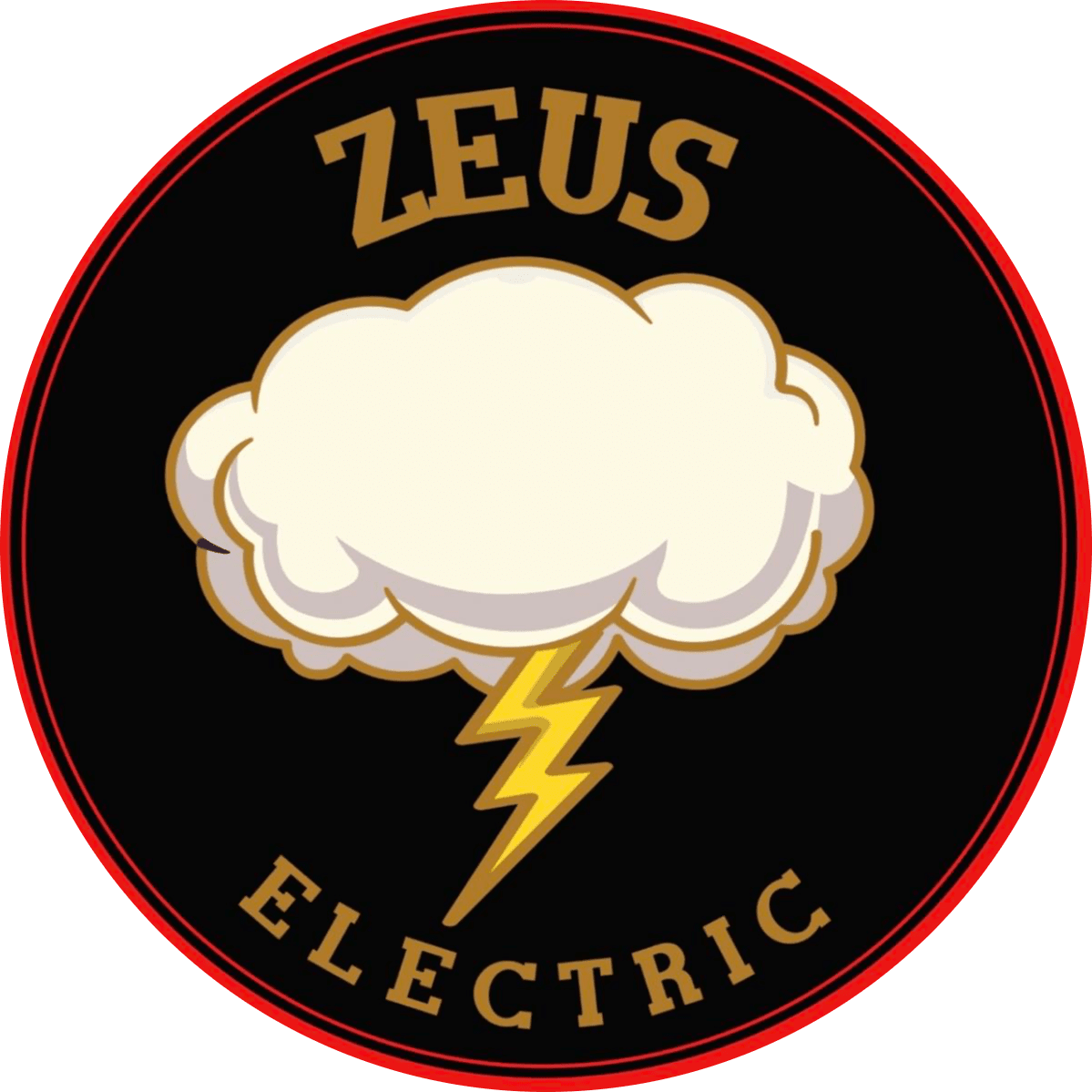What to Know About at Home E.V. Chargers?

Posted on December 10th, 2024
Have you recently purchased an electric vehicle or currently contemplating your E.V. purchase ? Here are a few things to know about the purchase of your E.V. and the charger associated with it.
In the United States, electric vehicle chargers can come in 120V or 240V power (sometimes both options are available depending on the E.V. Charger). For E.V. owners this jargon translates to level 1 and level 2 chargers. Level 1 chargers utilize a 120v circuit; that is, the typical circuit running your general household things like a lamp, phone charger, T.V., etc. This, however, means a slower rate of charge (Google AI overview states a 8-20 hr charge time). That being said, most often a level 1 charger is purchased and kept for emergency purposes, or used when not using a vehicle for extended periods of time. A level 2 charger utilizes 240v and, you guessed it, charges a vehicle much faster than a level 1 charger would. Level 2 chargers are the ideal charger for at home charger for the typical E.V. owner. This type of charger, however, will require a 240 volt circuit which requires a receptacle similar to that of a household dryer. Thus , this usually requires a E.V. owner to contact a professional electrical contractor such as Zeus Electric to install the circuit and receptacle. If you have done any research on E.V. Chargers you may have heard of level 3 chargers.These chargers are not installed in homes because they require 480V a voltage system typically not allowed in residential settings.
E.V. Chargers are a must when buying an electric vehicle. One would think that upon purchase of your vehicle a E.V. Charger would be supplied; however, this is not always the case. In fact, sometimes a E.V. charger is not only not supplied but also sold by the dealership or entity that sold you the vehicle separately. It’s important to know to be weary of the dealership selling you a E.V. Charger, usually they overprice them and may give you a low grade charger. It’s a good idea to shop around and find a high quality EV charger that will fit your model car or adapt to it.
If you are a EV owner of a specific group of EV owners whose vehicles have the capability of bidirectional charging, particularly “V2H” or vehicle to home charging, be sure to purchase a charger that can appropriately handle the task of the bidirectional charging.
Selecting a location for your EV charger can be a daunting task. In some cases you may not have a choice in where you are going to put your charger; however, it’s important to note that the closer to the panel a charger is the less it will cost for you get it installed by your electrical contractor.
A 240V circuit for a EV charger usually takes a 40 or 50 amp circuit. This type of circuit is high in voltage and high in amps for a residential location, therefore a very dangerous job to do which has to adhere certain building codes in order to prevent the risk of fire or shock. Installations should only be handled by a licensed, professional electrician such as the technicians at Zeus Electric.
If you are a EV owner and are seeking the installation of a EV charger in either a commercial or residential location contact Zeus Electric. Zeus Electric is licensed, bonded and insured. Zeus Electric has installed A array of different EV chargers and our electricians are more than equipped to help you with your EV installation.
Contact Us
Send a Message
Whether you want answers about our services or to join our team, just leave us a message below!
